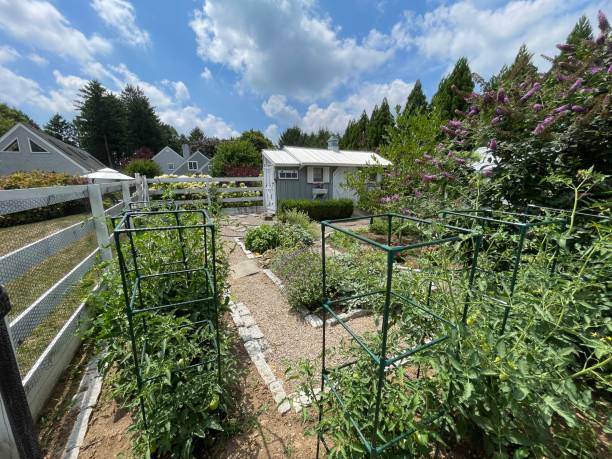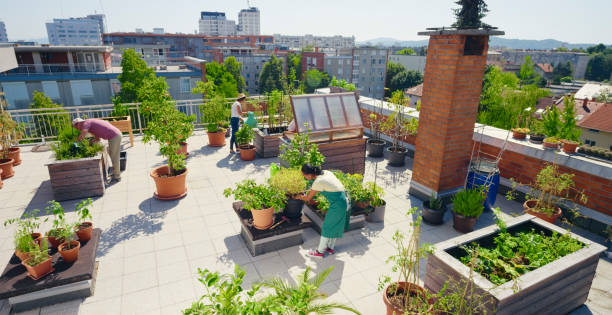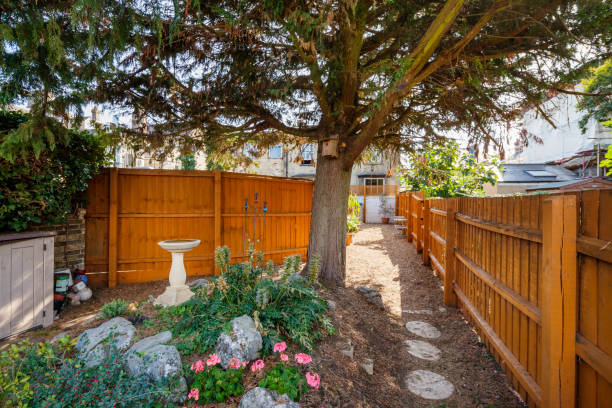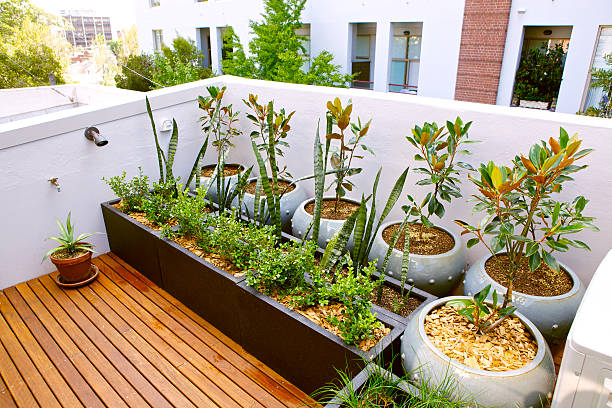Table of Contents
In today’s fast-paced urban lifestyle, connecting with nature has become increasingly important. Urban gardening, the practice of cultivating plants in urban areas, offers a fantastic way to bring the outdoors indoors or onto small outdoor spaces. Whether you have a balcony, rooftop, or even a windowsill, there are countless opportunities to grow your own fruits, vegetables, and herbs.

Benefits of Urban Gardening
Urban gardening offers numerous benefits, both for individuals and communities:
- Improved Health: Gardening is a physical activity that can help reduce stress, improve mood, and boost overall health. It also provides an opportunity to enjoy fresh, homegrown produce.
- Environmental Benefits: Urban gardening can help improve air quality, reduce stormwater runoff, and create habitat for pollinators.
- Community Building: Gardening can be a social activity that brings people together and fosters a sense of community.
- Food Security: Growing your own food can help ensure a reliable source of fresh, nutritious produce, especially in times of food shortages or economic instability.
- Cost Savings: Urban gardening can help reduce food costs by producing your own fruits, vegetables, and herbs.

Urban Gardening for Small Spaces
Even if you have limited space, there are many creative ways to incorporate gardening into your urban lifestyle:
- Container Gardening: Growing plants in containers is a popular option for small spaces. Containers can be anything from pots and planters to recycled items like buckets or wine barrels.
- Windowsill Gardening: Even small windowsills can be used to grow herbs and microgreens.
- Vertical Gardening: Vertical gardening techniques, such as using wall-mounted planters or hydroponic systems, can maximize space efficiency.
- Rooftop Gardening: If you have access to a rooftop, consider creating a rooftop garden. This can provide a beautiful outdoor space and help to reduce the urban heat island effect.
Choosing the Right Plants
When selecting plants for your urban garden, consider the following factors:
- Sunlight: Most plants require at least six hours of direct sunlight per day. If your space receives less sunlight, choose shade-tolerant plants.
- Space: The size of your garden will determine the types of plants you can grow. Smaller spaces are better suited for herbs, microgreens, and dwarf varieties of fruits and vegetables.
- Climate: Consider your local climate when choosing plants. Some plants are more suited to specific climates than others.
- Personal Preferences: Choose plants that you enjoy growing and eating. This will make gardening more enjoyable and rewarding.

Tips for Successful Urban Gardening
- Start Small: Begin with a few easy-to-care-for plants to build your confidence and skills.
- Prepare the Soil: Ensure your soil is well-draining and rich in nutrients.
- Water Regularly: Water your plants regularly, especially during hot, dry weather.
- Protect from Pests: Use natural pest control methods or companion planting to deter pests.
- Harvest Regularly: Harvest your produce at the peak of ripeness to ensure the best flavor and quality.
Urban gardening is a rewarding hobby that can provide numerous benefits for individuals and communities. By following these tips and experimenting with different plants and techniques, you can create a thriving garden in even the smallest of spaces.

